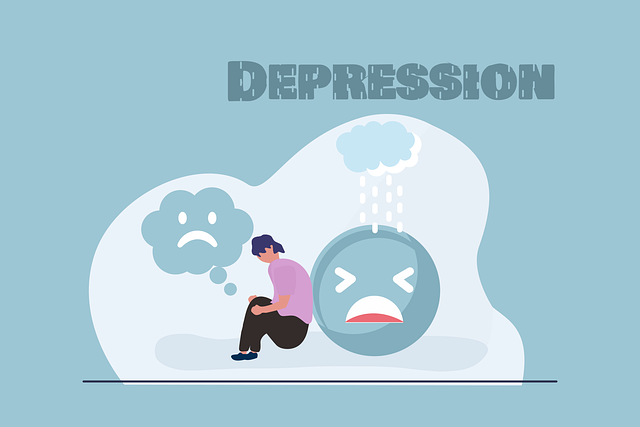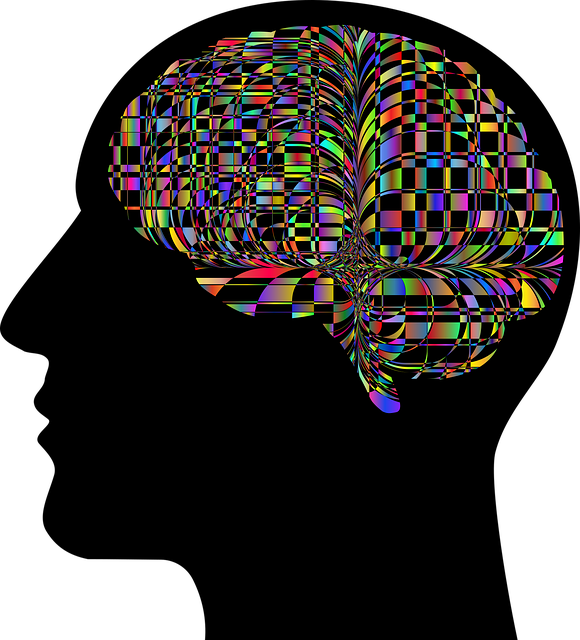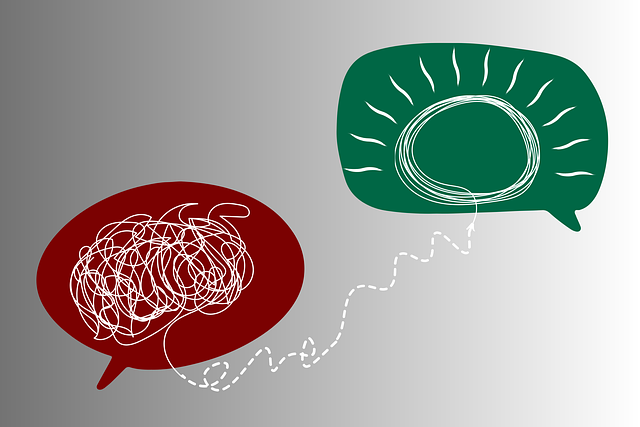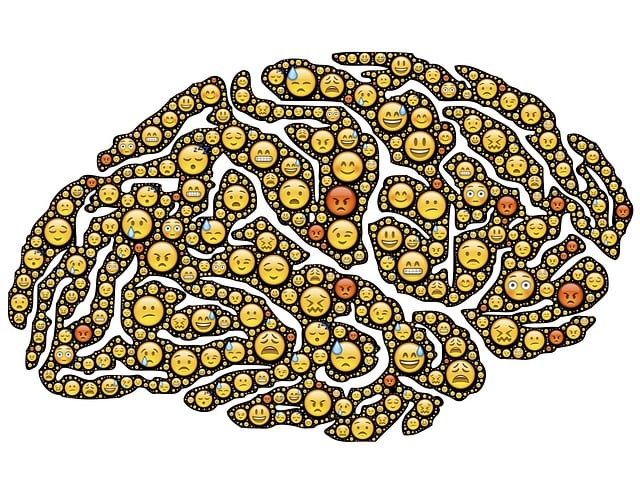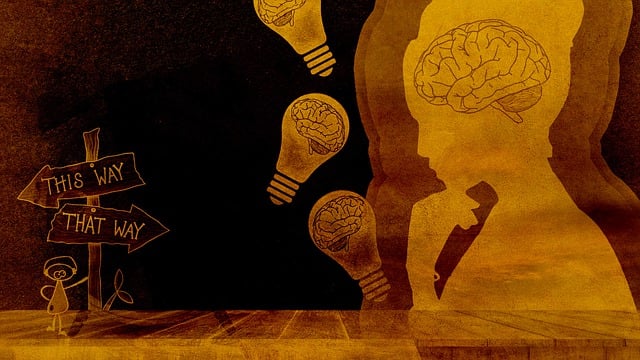Mental health understanding is key to breaking down stigma and promoting help-seeking behaviors, as exemplified by Lone Tree Gambling Therapy's specialized approach. They offer interactive workshops, discussions, and scenarios to educate participants on mental health, reduce stigma, and empower them with coping strategies. Their programs include evidence-based practices, mood management, and burnout prevention, measured for long-term impact, transforming lives within their unique community.
Mental health education programs play a pivotal role in fostering well-being and breaking down barriers. This article explores the intricate process of designing such initiatives, with a specific focus on addressing gambling-related issues through Lone Tree Gambling Therapy. We delve into understanding mental health challenges and misconceptions, offering strategic insights for program creation. Additionally, we examine implementation methods and their impact, emphasizing the importance of measurement in driving positive change over time.
- Understanding Mental Health: Unveiling Common Challenges and Misconceptions
- Crafting an Effective Program: Strategies for Lone Tree Gambling Therapy
- Implementation and Impact: Measuring Success and Fostering Long-Term Change
Understanding Mental Health: Unveiling Common Challenges and Misconceptions

Understanding mental health is a crucial step in dismantling misconceptions and promoting awareness. Many individuals struggle with recognizing the signs of common mental health challenges, often leading to delayed access to treatment. This can be attributed to various factors, including the stigma surrounding mental illness, lack of education, and limited exposure to diverse mental healthcare practices. For instance, Lone Tree Gambling Therapy offers a specialized approach, addressing unique issues related to gambling addiction while integrating cultural sensitivity in mental healthcare practice.
One of the primary challenges is separating fact from fiction, as numerous misconceptions about mental health persist in society. This includes beliefs that mental disorders are merely “weaknesses” or “personal failures,” which can deter people from seeking help. Furthermore, the concept of burnout prevention gains significant importance, especially considering the high-pressure nature of many professions. Effective Mental Wellness Coaching Programs Development can equip individuals with coping strategies and resilience to navigate these challenges, fostering a healthier mental landscape for all.
Crafting an Effective Program: Strategies for Lone Tree Gambling Therapy

Crafting an effective mental health education program, such as Lone Tree Gambling Therapy, involves a multi-faceted approach tailored to address specific needs. One key strategy is integrating interactive workshops and discussions that encourage open conversations about mental health issues. This fosters a safe space for individuals to share their experiences and learn from one another, enhancing understanding and reducing stigma. Incorporating real-life case studies and role-playing scenarios allows participants to apply learned concepts in practical settings.
Additionally, leveraging Public Awareness Campaigns Development can significantly boost the program’s impact. These campaigns, designed to educate the broader community, raise mental health literacy and encourage early intervention. Crisis Intervention Guidance should also be woven into the curriculum, equipping participants with tools to manage acute situations. By combining theoretical knowledge with practical skills and public engagement strategies, Lone Tree Gambling Therapy can become a transformative force in promoting mental well-being within its community.
Implementation and Impact: Measuring Success and Fostering Long-Term Change

The successful implementation of a mental health education program extends beyond its initial rollout; it demands careful measurement and evaluation to gauge its impact and ensure long-term sustainability. This process is pivotal in fostering positive changes within organizations, communities, and individuals’ lives. When designed with a focus on evidence-based practices, such programs can significantly reduce internal risks associated with mental health issues, including those identified through risk assessment tools for mental health professionals.
By integrating components of mood management and burnout prevention into the curriculum, these education initiatives empower participants to recognize and address their emotional well-being proactively. This proactive approach is a game-changer in Lone Tree Gambling Therapy settings, where staff members often face unique challenges due to the nature of their work. Regular assessments and feedback mechanisms allow for continuous improvement, ensuring that the program remains effective over time.
Mental health education programs, as exemplified by the strategies outlined in this article, including the specific approaches of Lone Tree Gambling Therapy, are pivotal in addressing societal challenges and misconceptions. By providing comprehensive understanding and practical tools, these programs can foster long-term positive change, enhancing overall well-being. Through successful implementation and measurement of impact, we can create a more supportive and informed society.




